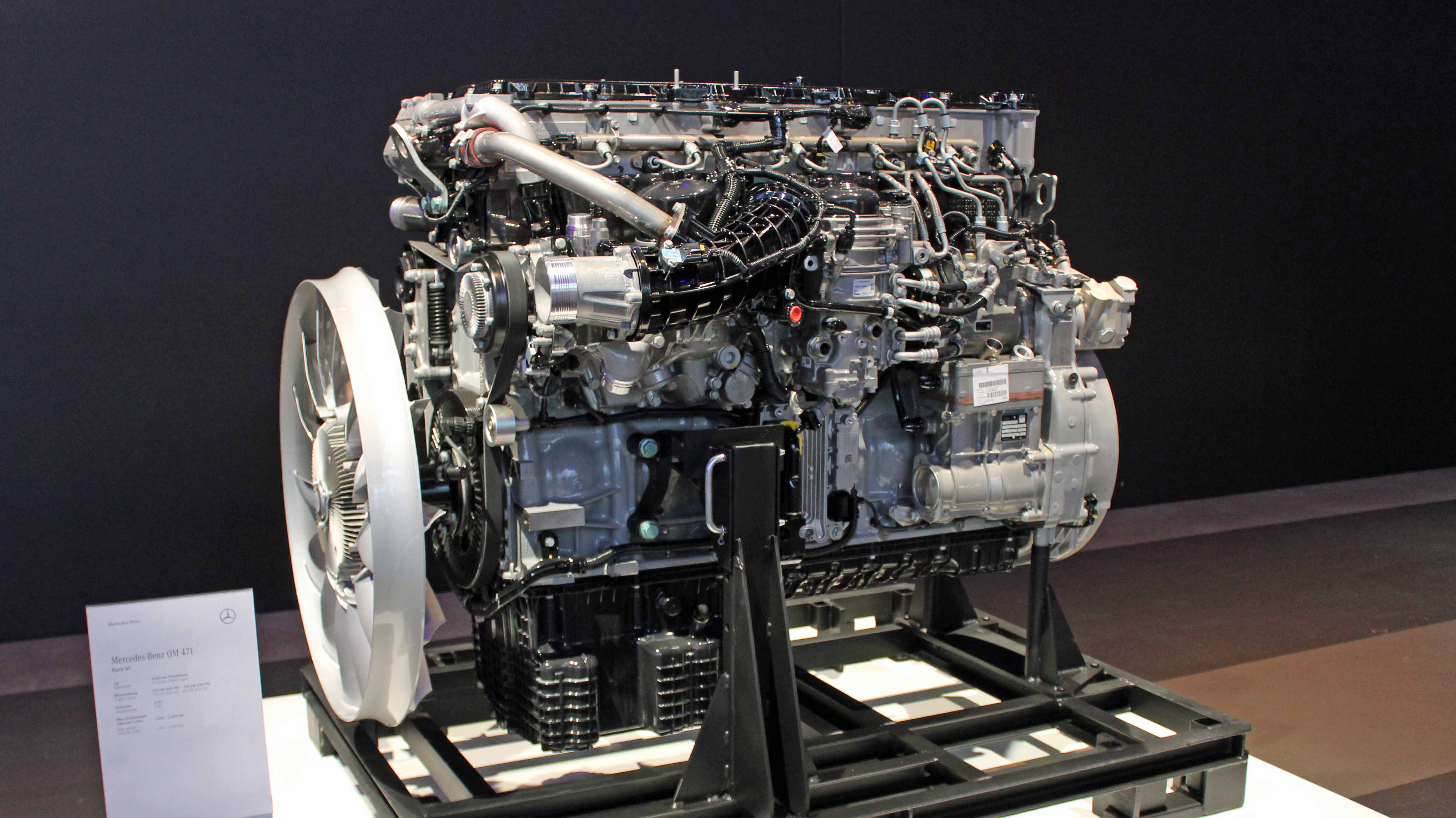
As the Brexit debate rumbles on, spare a thought for Europe’s – and by definition the UK’s – heavy truck manufacturers.
Having spent billions of euros on meeting the Euro 6 exhaust emissions standards, the EU is embarking on a major research project to identify the scope of its next step towards reducing vehicle emissions. It is clear that the so called Euro 7 standard will require a significant reduction in CO2 emissions and that means lower fuel consumption.
It has developed a data gathering tool known as VECTOR, which will collect information from a range of factors that influence fuel consumption. Unlike Euro 1 to 6, it is not just about the engine. The EU will be looking at aerodynamics, rolling resistance, axle alignment, usage, infrastructure influences, telematics, alternative fuels and trailers.
Any self respecting truck operator will freely admit that by optimising all these elements substantial fuel savings, not in the gift of the driver, can be made. But as the driver can be one of the biggest influences, how does standardising his or her performance fit in?
On a recent visit we made to Mercedes-Benz’s Worth manufacturning plant in Germany, their head of truck marketing was keen to point out that while all very good practice, legislating on factors beyond a manufacturer’s control will present enormous challenges. There are over 4000 body builders in Europe so standardising body and trailer design will be a huge task.
If the UK signs Article 50 and comes out of the EU it is probable that this will create all sorts of complications should the EU impose a new range of emissions legislation. Yes our domestic operators will escape any additional regulation directed towards the way trucks are operated – unless an independent UK government imposes such – but there could implications for manufacturers looking to sell their products in the EU.
Mercedes wants the EU to take a holistic view and focus on wider measures in terms of improving transport efficiency, rather than imposing tiers of regulation on specific elements. We will watch with interest as this particular debate develops, and how it might affect the UK’s road transport industry.